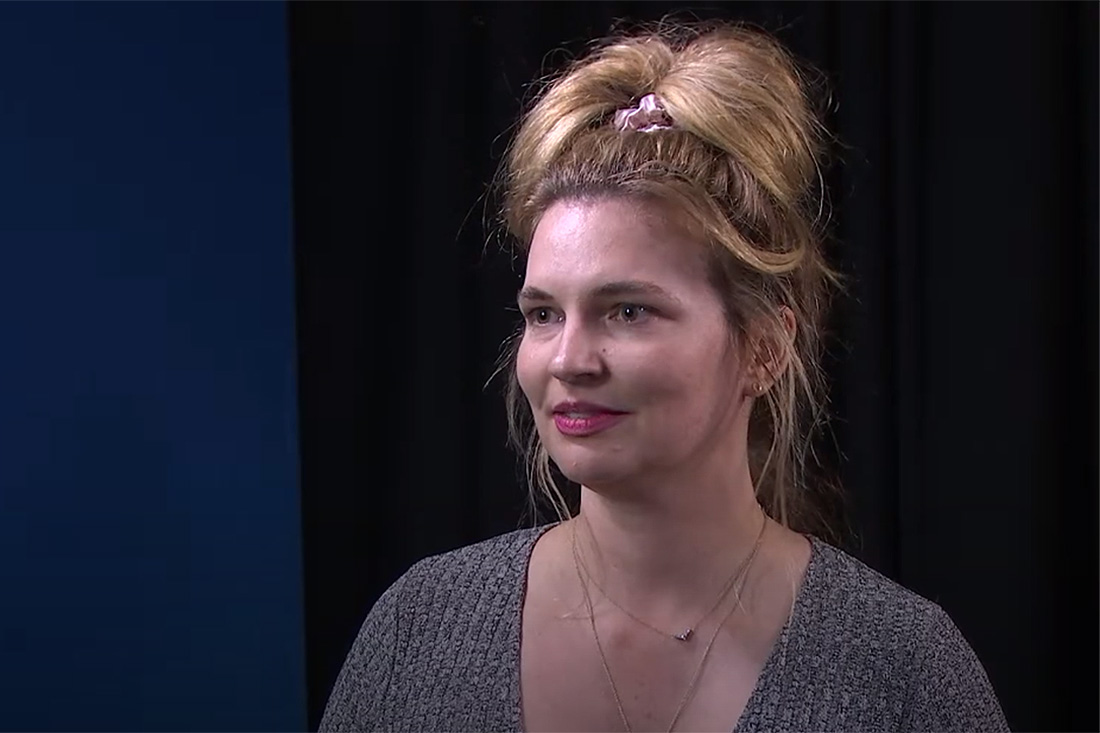This course will provide you with the knowledge and tools you’ll need to stay up-to-date on the latest information, prepare reports and stories to fit the fast news cycle, and the professional contacts to get your career moving. From day one, you’ll be in the thick of the modern journalism industry.
You’ll be introduced to data-driven storytelling, where facts can both ensure your reporting is ethical and increase audience appeal. You’ll deep-dive into journalism law, and the ethics and social justice issues that challenge modern journalism. You’ll even be trained in the specific skills of both short-form, and long-form news production, so you’ll be ready for any work environment.
Your studies will be rounded by the choice of either a second major, which is a sequence of eight units from another study area, or minors and electives such as work integrated learning, internships or international study tours that allow you to graduate work ready through engagement with the industry.
How to apply for the Bachelor of Communication
You have the choice of four first majors, all designed to help you harness the power of new and emerging communication platforms. Entry for all majors is through QTAC, using course code 421351.
Once in your degree, you'll be able to choose your first major (from either digital advertising, community and public relations, journalism, or media and communication industries) and round out your studies by selecting ether:
- a second major (either one of the alternative communication first major options, or any available second major option from across the university) OR
- complementary studies tailored for you, such a Work Integrated Learning internship allowing you to gain real-world work experience as part of your degree.
This course will provide you with the knowledge and tools you’ll need to stay up-to-date on the latest information, prepare reports and stories to fit the fast news cycle, and the professional contacts to get your career moving. From day one, you’ll be in the thick of the modern journalism industry.
You’ll be introduced to data-driven storytelling, where facts can both ensure your reporting is ethical and increase audience appeal. You’ll deep-dive into journalism law, and the ethics and social justice issues that challenge modern journalism. You’ll even be trained in the specific skills of both short-form, and long-form news production, so you’ll be ready for any work environment.
Your studies will be rounded by the choice of either a second major, which is a sequence of eight units from another study area, or minors and electives such as work integrated learning, internships or international study tours that allow you to graduate work ready through engagement with the industry.
Double degrees
Take advantage of the rising demand for media and communication skills across all industries by combining this course with a second degree in -
- Business to take advantage of rising demand for the combination of digital management and analytical skills with business project and planning roles.
- Information technology to develop a career in web design, graphic design, web application development and more.
- Justice where digital media skills are a valuable addition for roles in law enforcement, government and private sector intelligence and security agencies.
- Law to apply your legal expertise to jobs in the communication industries.
- Science to effectively communicate scientific works with a strong understanding of the field.







